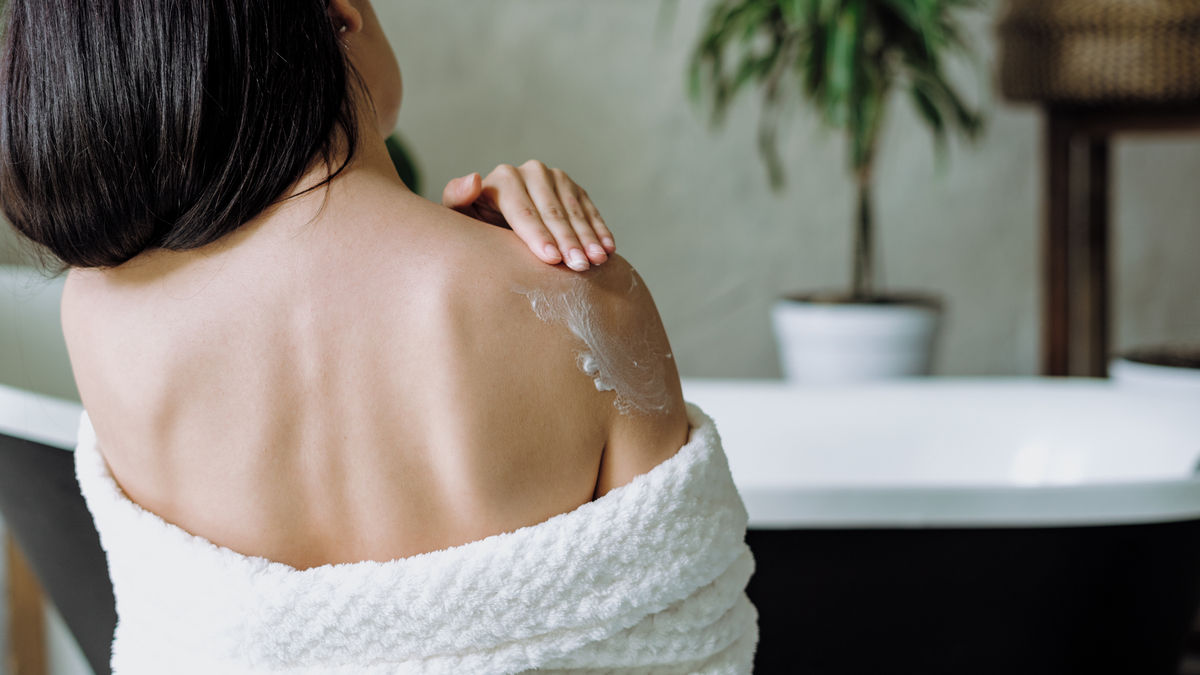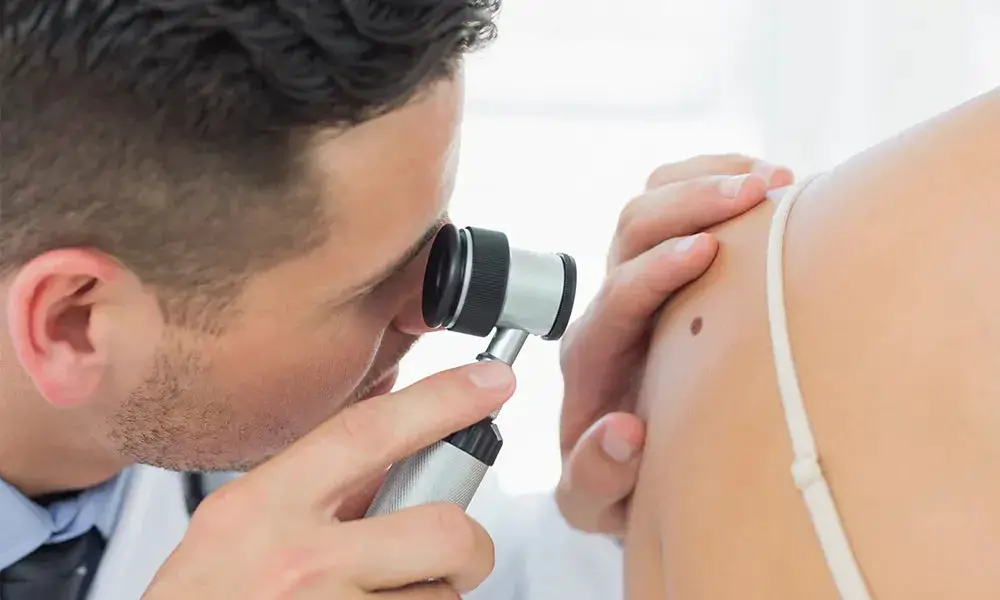Acne from Synthetic Underwear: Causes, Tips, and Solutions
The impact of clothing on skin health is often overlooked. For many beauticians, the link between clothing materials and skin issues like acne from synthetic underwear is becoming increasingly apparent. In this article, we'll delve into why some fabrics can exacerbate acne and what can be done to prevent this common issue, focusing on the primary keyword acne from synthetic underwear as the backbone of our discussion.
:max_bytes(150000):strip_icc()/back-view-of-senior-woman-applying-cream-on-neck-1125579154-af53c8f013b749e79e49eea54ac27e07.jpg)
Why Does Synthetic Underwear Cause Acne?
Synthetic materials such as polyester, nylon, and spandex, commonly used in underwear, lack the breathability of natural fibers. This can lead to skin irritation and acne. These materials tend to trap heat and moisture against the skin, creating a thriving environment for bacteria. This is particularly problematic for those who may already be prone to folliculitis or suffer from sensitive skin, escalating the occurrence of acne.
The Role of Sweat and Friction
Sweat and friction are common culprits when it comes to acne from synthetic underwear. Intense physical activities or daily routines can lead to increased sweat production, where moisture accumulates under the fabric. As moisture mingles with skin oils and bacteria, clogged pores and acne lesions are often the result. Friction, on the other hand, can result from tightly fitting synthetic clothing, causing irritation and inflammation that aggravates acne.
Identifying Solutions for Synthetic Underwear-Induced Acne
Switching to natural fibers like cotton can play a significant role in mitigating acne outbreaks. Cotton is breathable, absorbs moisture effectively, and allows for better air circulation. This helps keep the skin dry and less prone to bacterial buildup. Additionally, choosing the right fit is crucial; opt for well-fitting, comfortable underwear that doesn't rub against the skin excessively.
Additionally, integrating professional skincare advice can be beneficial. Consider visiting articles like Butt Acne From Sitting for comprehensive insights and solutions.
Enhanced Skincare Routine
Consider incorporating an acne-fighting body wash into your skincare regimen. Check out this guide to explore beneficial products that target body acne. Furthermore, regular exfoliation can help to remove dead skin cells and prevent clogged pores.
Lifestyle Adjustments for Clearer Skin
Keeping up with hygiene and making small lifestyle adjustments can also help mitigate acne. Changing into fresh clothing after sweating helps, as does maintaining a balanced diet with plenty of water. Regular exercise, while keeping sweat-inducing acne in check, contributes to overall skin health.
Address Conditions Promptly
If escaping synthetic underwear isn't enough to control acne, further measures may require consulting a dermatologist. They can diagnose underlying issues and prescribe treatments like topical antibiotics or medicated creams. For more tips on acne-related topics, consider visiting related posts.
Keep Learning with the Community
Beauticians thrive on continued learning and sharing experiences. Joining forums and communities can offer deeper insights into skincare dynamics, exploring both preventive measures and innovative solutions.
In conclusion, addressing acne from synthetic underwear requires a combination of changing clothing materials, adjusting skincare routines, and being aware of how lifestyle choices impact skin health. Explore more on related topics at LIVANA's blog.

FAQs
What types of synthetic fabrics are most likely to cause acne?
Materials like polyester, nylon, and spandex are commonly associated with acne issues due to their lack of breathability and moisture-trapping properties.
How can I treat acne caused by synthetic underwear?
Treatments include using breathable natural fiber underwear, maintaining a good skincare routine, and consulting a dermatologist if the condition persists.
Are natural fibers always better for preventing acne?
Generally, natural fibers like cotton are more breathable, absorbing moisture better and allowing the skin to stay dry, which can help prevent acne.
This article contains affiliate links. We may earn a commission at no extra cost to you.

